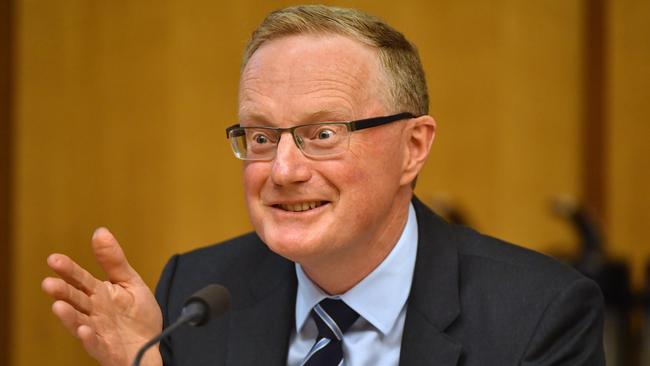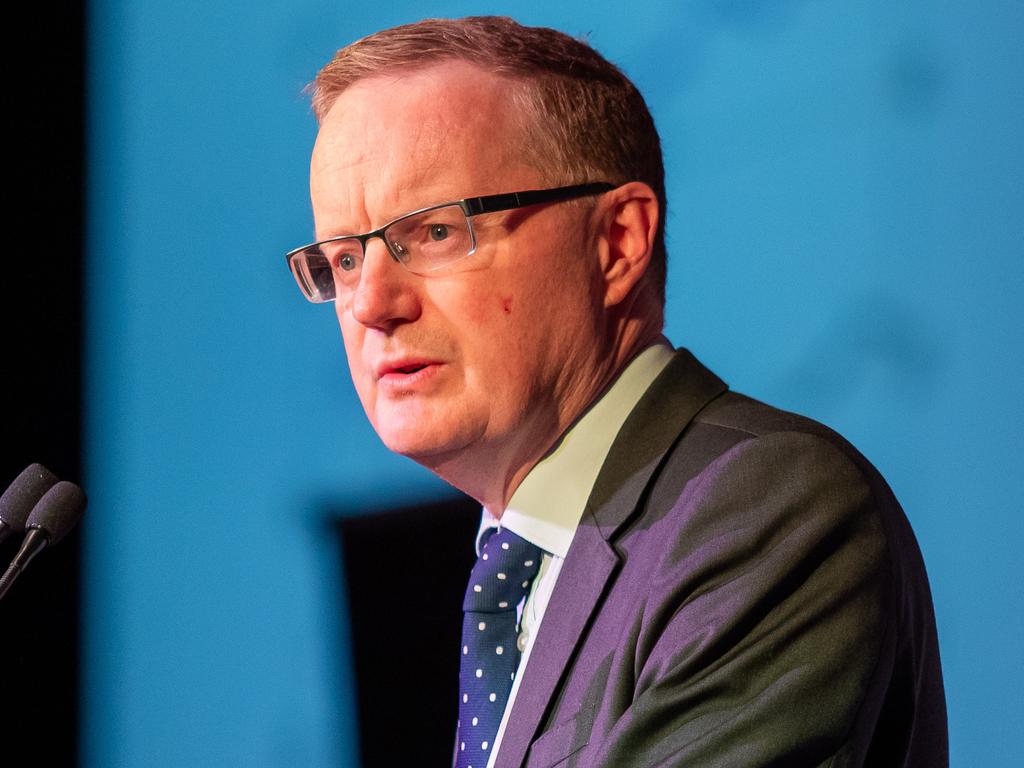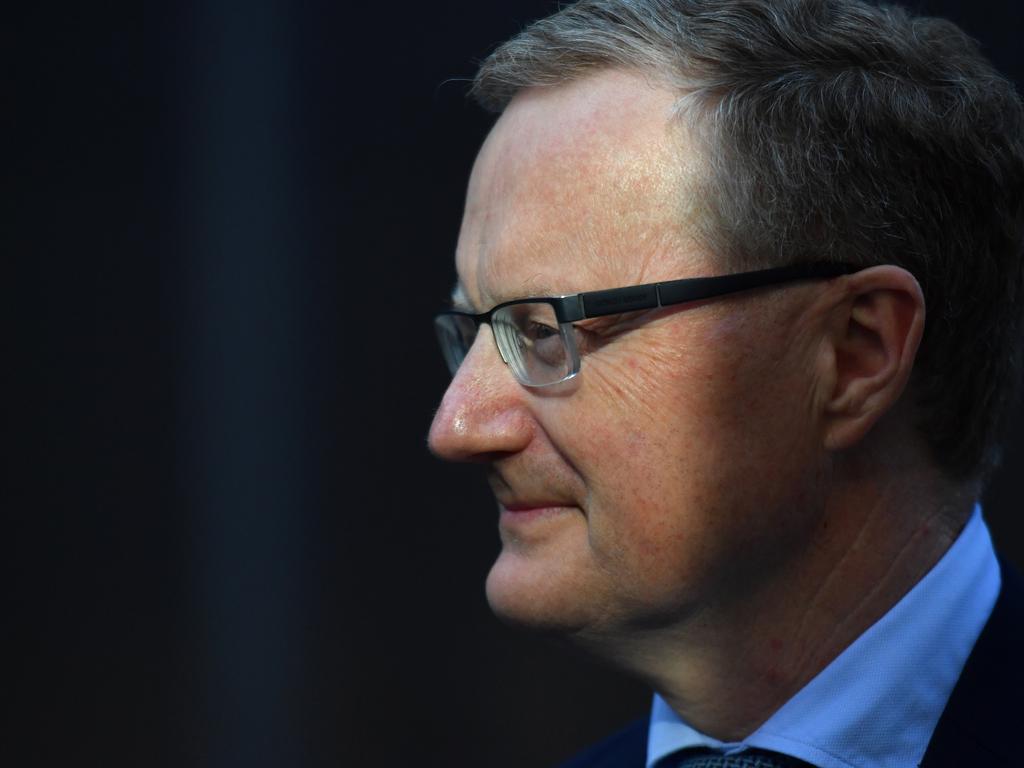Reserve Bank chief Philip Lowe remains buoyant but says economy has significant issues
RBA governor says of all the issues facing the Australian economy, one worries him more than the rest.

Reserve Bank governor Philip Lowe conceded the threat to the economy from the coronavirus epidemic was “significantly higher” than the 2003 SARS outbreak, days after saying the health emergency of 17 years ago “may provide a guide”.
Dr Lowe on Wednesday said it was important that “we don’t catastrophise” the ongoing health emergency, which has so far killed 565 people, according to the Department of Health. He pointing to the sharp but short impact of the 2003 precedent, and stressed it was too early to tell what the overall impact will be.

Speaking during a biannual appearance before the House of Representatives economics committee on Friday morning, Dr Lowe admitted “the potential risk to the economy is bigger than SARS”.
Dr Lowe said “the SARS experience does provide a baseline, but China is much larger, it’s a bigger part of the global economy and our links with China are much more extensive than they were”.
The Chinese population is “much more mobile” today, he said, suggesting more scope for the virus to spread.
“The Chinese economy in 2003 was growing very strongly and it took a hit of 2 per cent in one quarter and bounced back quickly. Growth now is slower and the capacity to bounce back probably isn’t as great.”
The number of infections is growing by 20 per cent a day – a pace he described as “extraordinarily fast” – and Dr Lowe said this rate would need to come down sharply before he could forecast the ultimate impact with any comfort.
“The truth is none of us know how it's going to play out.”
Also on Friday, the central bank confirmed in official forecasts in the Statement on Monetary Policy that it still expected economic growth to accelerate to 2.75 per cent this year. The RBA now expects GDP to grow by 2 per cent in 2019, against a previous forecast of 2.25 per cent.
As it stands, Dr Lowe said he expects the coronavirus to take around 0.2 percentage points off GDP growth in the first three months of the year.
Estimates among private sector economists are for a more severe hit, with ANZ predicting the virus and its response will knock 0.5 percentage points of first quarter growth. A result which, combined with a 0.1 percentage point impact from bushfires, would likely hand the country its first quarterly economic contraction since 2011.
In a letter to state treasurer’s this week, Josh Frydenberg warned of a short-term “economic shock” as a result of the government’s strict travel restrictions, implemented last weekend.
On Friday, the governor characterised the country’s overall economic performance as “OK, and could be a lot better”.
He repeated previous comments that the country’s fundamentals were “fantastic”, but that this assessment was “not to deny we have significant issues”.
“The one that worries me most is weak productivity growth. Ultimately productivity growth is the source of increasing living standards, real wages, and real asset prices.”
Dr Lowe noted that for “four or five years productivity growth has been very weak”.
“I fear that our economy is becoming less dynamic. We have lower rates of investment, lower rates of business formation and lower rate of people switching jobs.
“Right across those metrics it feels like we are becoming a bit less dynamic. I worry about that for the longer term, but for the moment you can conclude things could be better, but they're not disastrous.”
RBA assistant governor Luci Ellis, who also appeared before committee, said the scheduled increase in compulsory super in 2021 would “shave off” the lift in wages “that would have occurred” from an expected tightening in the labour market in coming years.
“Historically about 80 per cent of an increase in non-cash benefits tends to show up as lower wages growth than other would be the case,” Dr Ellis said.
“Not a full trade-off, but it’s most of it, [and that] trade-off trickles through over several years.”
Dr Ellis added that this was a private sector story. Government workers tend to get higher super benefits and so would be unaffected.








To join the conversation, please log in. Don't have an account? Register
Join the conversation, you are commenting as Logout